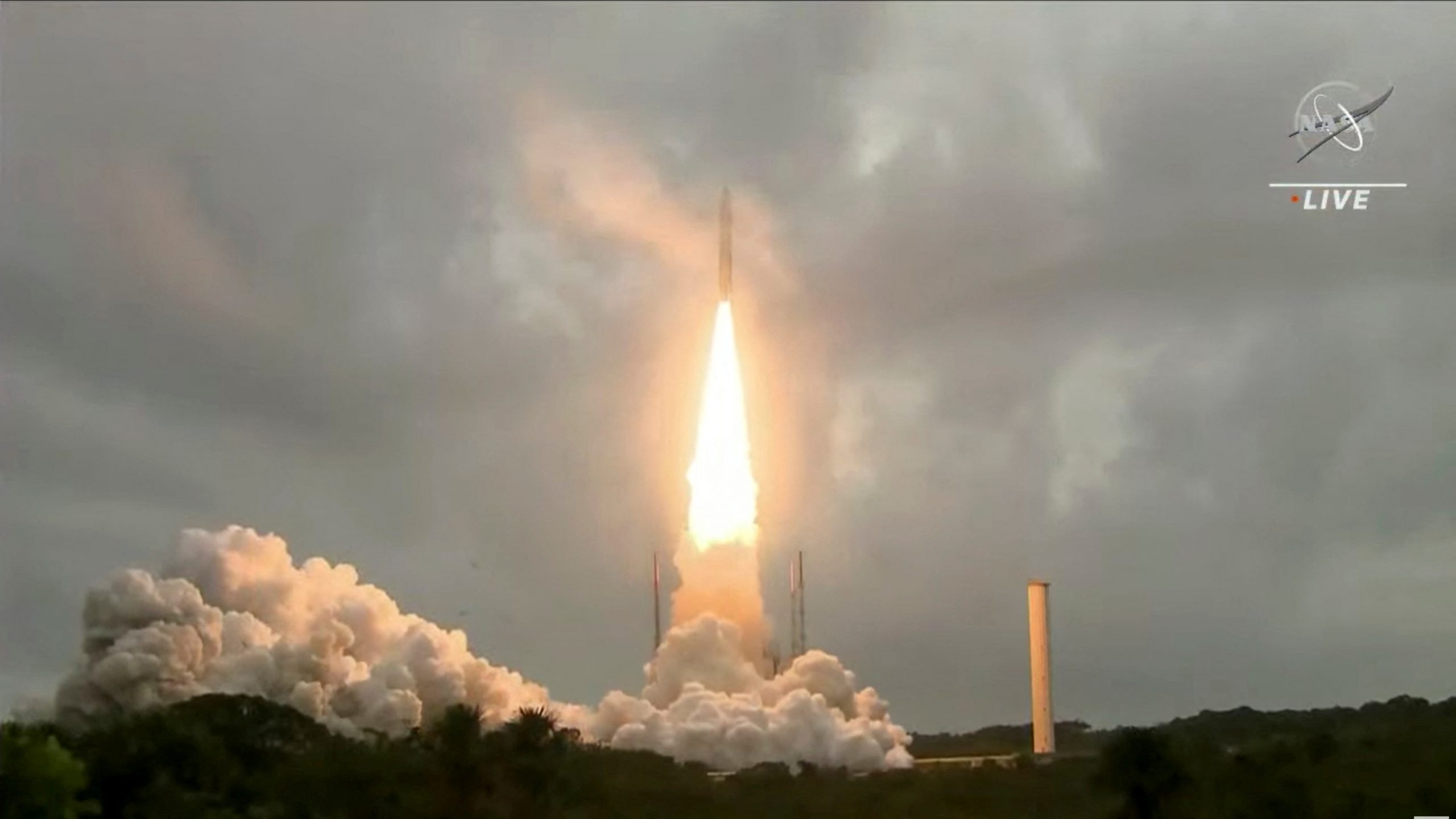
[elfsight_social_share_buttons id=”1″]
Amazon.com Inc has secured rocket launches with three companies, the company said on Monday, as it spends billions on putting together a satellite constellation to beam broadband internet that will rival Elon Musk-owned SpaceX’s Starlink.
The e-commerce giant said its Project Kuiper has secured 83 launches over five years and includes a deal with Blue Origin, a company owned by Amazon founder and chairman Jeff Bezos.
The race to beam broadband internet using thousands of satellites in low earth orbit is heating up, with SpaceX so far gaining advantage over other players. Project Kuiper plans to launch its first two prototype satellites by year’s end.
“Amazon is investing billions of dollars across the three agreements. Together, it is the largest commercial procurement of launch vehicles in history,” an Amazon spokesperson told Reuters.
The contract includes 18 launches with Arianespace’s Ariane 6 rockets, 12 launches with Blue Origin’s New Glenn – with an option to add up to 15 more – and 38 launches with the Vulcan Centaur rocket made by United Launch Alliance (ULA), a joint venture between Lockheed Martin and Boeing Co.
Together, they will provide capacity for the company to deploy the majority of its satellite constellation, the company said.
The deals are betting on three heavy-lift rockets that have yet to fly and whose development has been delayed. Arianespace’s Ariane 6, under development, could launch up to 40 Kuiper satellites each mission, said the company’s chief executive Stéphane Israël.
Also under development, Blue Origin’s New Glenn will carry 61 Kuiper satellites while ULA’s Vulcan will carry 45, the companies’ CEOs said Tuesday at a conference in Colorado Springs, Colorado.
Dave Limp, head of Amazon’s devices unit, said the company “wanted diversity in our launch partnerships,” which includes previously announced deals with ULA and rocket startup ABL Space.
“It’s the largest contract ever signed by Arianespace in its history,” ArianeGroup CEO André-Hubert Roussel told Reuters, declining to provide financial details. “It’s the result of two years and half of talks with them,” he said, adding that the launches would take place between 2024 and 2027.
Project Kuiper aims to use over 3,000 satellites in low earth orbit to beam high-speed, low-latency internet to customers, including households, businesses and government agencies.
Securing launch capacity from multiple providers reduces risks associated with launch vehicle stand-downs and saves costs that can be passed on to customers, said Rajeev Badyal, vice president of technology for Project Kuiper.
Blue Origin’s BE-4 engine, which will also power the Vulcan rocket, has faced multiple delays.
Copyright 2022 Thomson/Reuters
